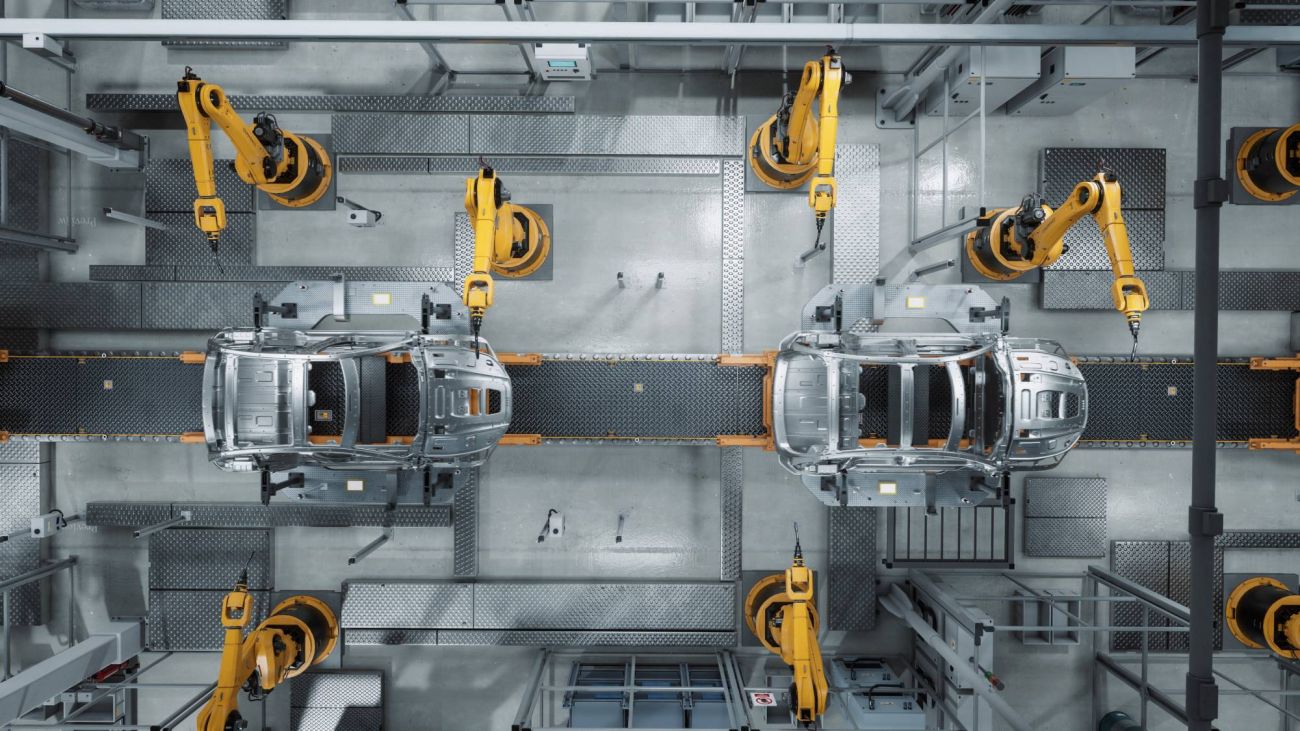INDIA’S ROBOTIC REVOLUTION IN MANUFACTURING

Across the world’s shop floors, a silent revolution is unfolding — one shaped not by clamour, but by code, cables, and precision. Industrial robots, once relegated to mundane lifting and shifting, have emerged as the sophisticated hands of modern manufacturing, performing everything from welding and painting to sealing and assembly with surgical finesse.
What began as a quest to shield humans from hazardous conditions has now evolved into a dynamic partnership — one where cobots (collaborative robots) work shoulder to shoulder with humans, enhancing safety, boosting productivity, and ushering in a new era of efficiency. In this unfolding industrial symphony, robotics and automation now form the rhythm section of Industry 4.0, demanding a new class of skilled maestros — engineers who can program, integrate, and innovate.
Global Cadence and India’s Momentum
The global march of robotics has continued to accelerate. According to the World Robotics 2024 Report by the International Federation of Robotics, a remarkable 541,302 industrial robots were installed worldwide in 2023. Asia maintained dominance, accounting for around 70 percent of new installations, followed by Europe at 17 percent and the Americas at 10 percent. China led the global tally with 276,288 units installed, representing over half of all global installations. Notably, India achieved a significant milestone, recording a 59 percent increase in robot installations, from 5,353 units in 2022 to 8,510 units in 2023, elevating its global ranking to seventh place.
India’s operational stock of industrial robots has nearly doubled since 2018, reaching 44,958 units in 2023, reflecting an average annual growth rate of 14 percent. The Automotive sector was a significant contributor to this surge, with installations soaring by 139 percent to 3,551 units, accounting for 42 percent of the market. Other industries, such as Rubber and Plastics, also demonstrated notable growth, while the Metal industry maintained steady adoption rates.
This upward trajectory underscores India’s growing prominence in the global robotics landscape, driven by robust economic growth and increased investments in automation across key sectors.
Automation has occasionally stirred anxieties, such as in Bangladesh’s labor-intensive Textile sector. Yet with every new wave of mechanization, not only are jobs reshaped, but entirely new ones are born, albeit demanding evolved skill sets and new avenues of human potential.
India’s Vision and Road Ahead
India’s embrace of robotics is seen as both deliberate and visionary. The Government of India, through its IndiaAI Mission, aims to build a comprehensive ecosystem that fosters AI innovation by democratizing computing access, enhancing data quality, developing indigenous AI capabilities, attracting top AI talent, enabling industry collaboration, providing startup risk capital, ensuring socially impactful AI projects, and promoting ethical AI. Creating inclusive language models (Digital India Bhashini) or demystifying artificial intelligence for students (YUVAi) are byproducts of this initiative.
The National Strategy on Robotics zeroes in on four sectors with transformative potential: Manufacturing, Healthcare, Agriculture, and National Security, setting the stage for India to emerge as a global robotics leader by 2030.
Despite challenges such as high hardware costs, import dependencies, and R&D constraints, hope remains. Industry stalwarts like FANUC, ABB, KUKA, and YASKAWA are pioneering India-made robots. As adoption grows, the very nature of Indian manufacturing is poised for reinvention, potentially establishing India as the world’s alternate factory floor.
|
According to the World Robotics 2024 Report by the International Federation of Robotics, India achieved a significant milestone, recording a 59% increase in robot installations, from 5,353 units in 2022 to 8,510 units in 2023, elevating its global ranking to seventh place. |
Symposium on Automation & Robotics
To further fuel this transformation, the Indian Machine Tool Manufacturers’ Association (IMTMA) will present the eighth edition of the Symposium on Automation & Robotics from June 4 – 5, 2025, at Auto Cluster Exhibition Center, Pune. The symposium will explore precision and performance, collaborative robotics, convergence of AI, machine learning, and IoT in modern manufacturing and beyond. Thought leaders will illuminate paths forward through case studies and technical insights.
The symposium also celebrates excellence, recognizing companies that exemplify automation-led performance. Participation promises more than knowledge — it offers a glimpse into the future of Indian manufacturing, one where machines and minds move in perfect harmony.
Source: IMTMA



 Facebook
Facebook.png) Twitter
Twitter Linkedin
Linkedin Subscribe
Subscribe